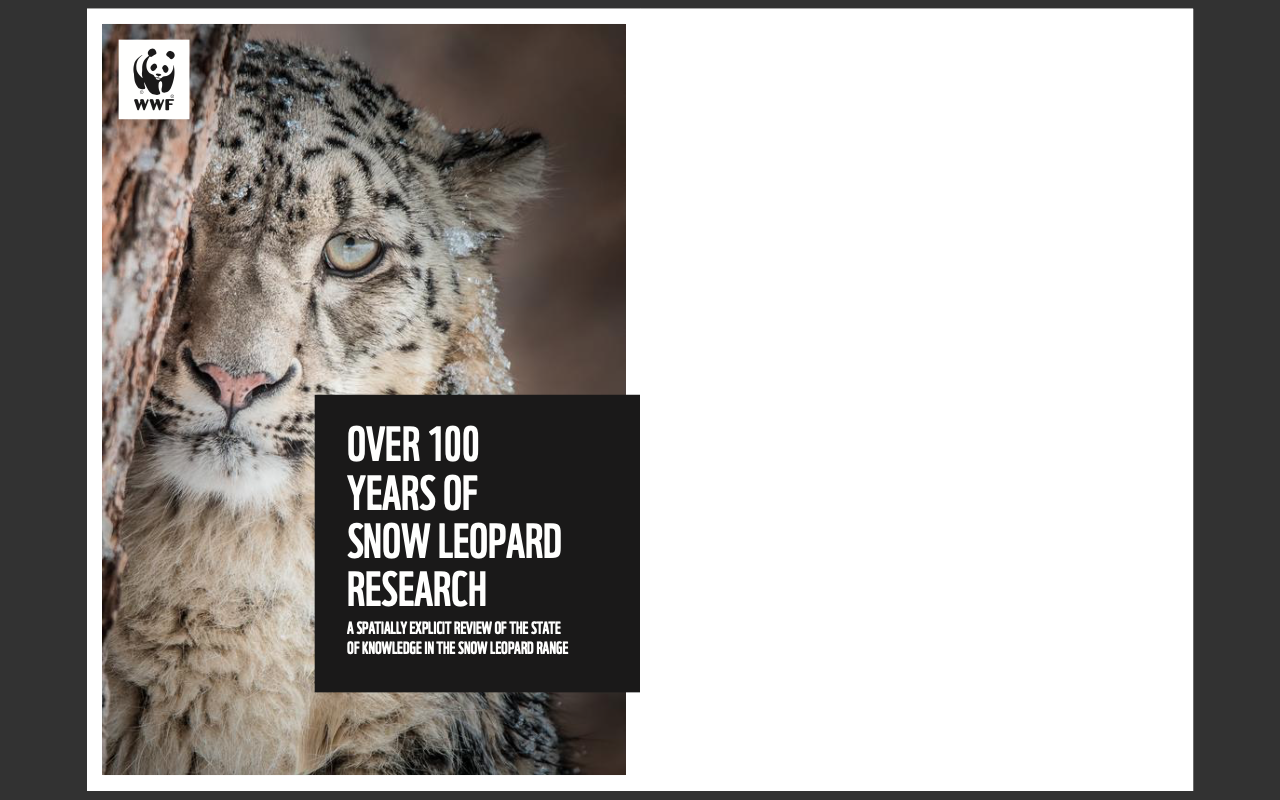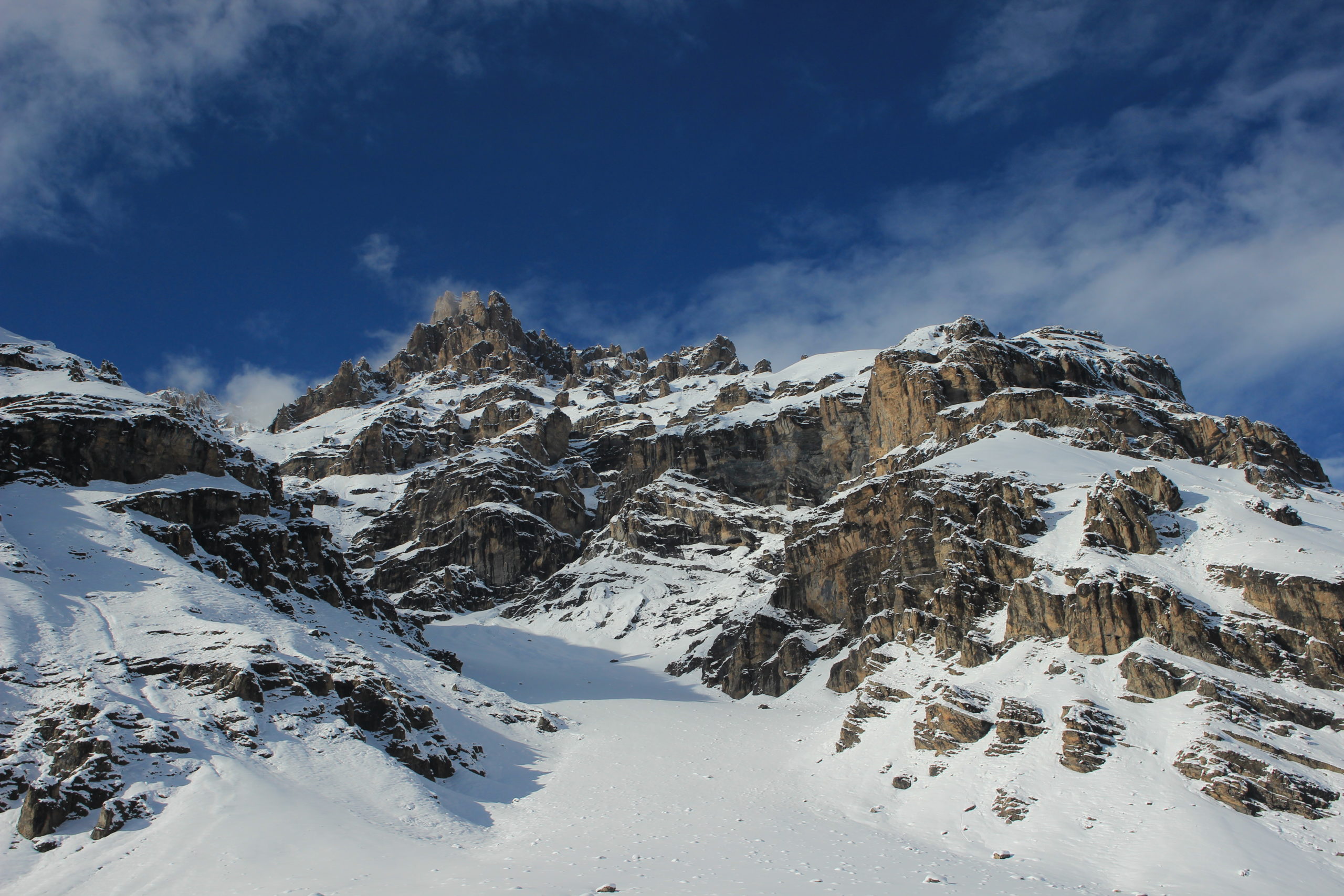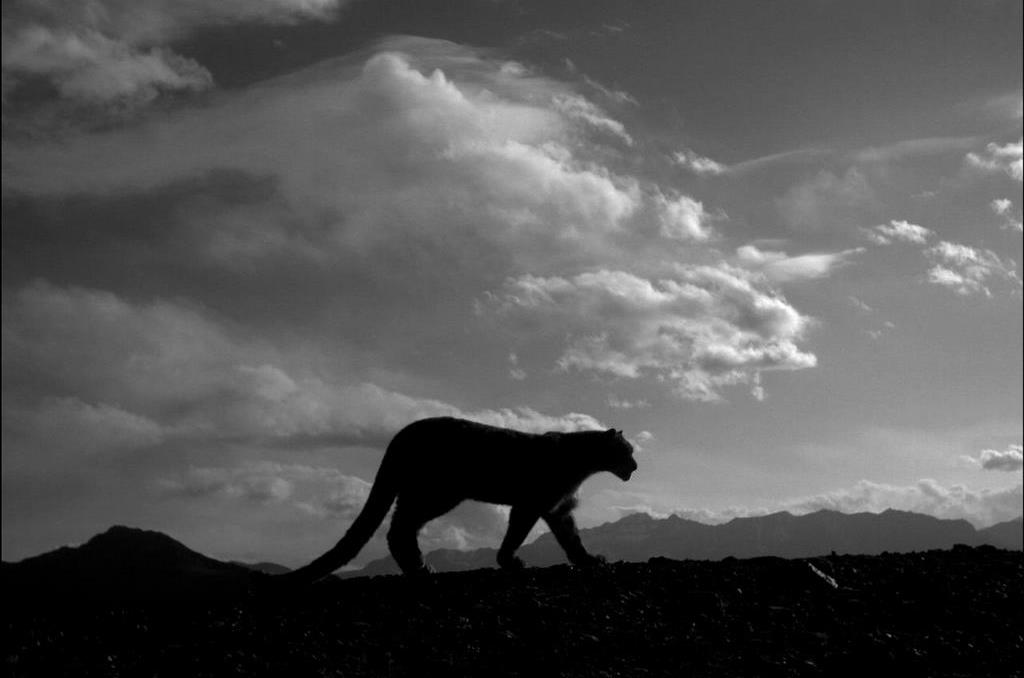
Research on or about the snow leopard dates back at least 100 years. It began to intensify in the 1970s and has continued to grow rapidly in the last 10 years. The Snow Leopard Network is pleased to invite to our forthcoming webinar – WWF’s snow leopard specialist Rishi Sharma and fellow author Rashmi Singh. Together they carried out a detailed review of snow leopard published research drawing on Google Scholar and the Snow Leopard Network’s bibliography archive. The presenters will highlight the main directions of thinking which shaped what research and conservation was undertaken over the different periods. They end with a number of questions that researchers and conservationist still face today as we look ahead into the future.
Do join us for this very interesting applied look back at snow leopard research history and an opportunity to contribute to a lively discussion on the way ahead.
About the Webinar
The presenters – Rishi Sharma and Rashmi Singh – have undertaken a review of all published research on snow leopards between 1904 and 2020. The goal was to examine the current state of knowledge across the snow leopard range while identifying spatial and temporal gaps. The findings are striking – bringing together the latest published information. Importantly the presenters will highlight the key gaps in our knowledge which may hamper effective conservation planning and action on the ground. The presenters set out seven key priorities for snow leopard research and conservation. Following the presentation we will open the floor for questions and discussion on snow leopard research priorities for the coming decade(s).
About our Guests
Dr. Rishi Kumar Sharma. Born and brought up in a tiny village in the Himalayan foothills, Rishi is fascinated by all things concerning mountains. Rishi has a Master’s degree in Wildlife Science from the Wildlife Institute of India and a PhD in Ecology with a dissertation on snow leopards titled “A multi-scale study of habitat use and abundance of the endangered Snow Leopard “Panthera uncia“. Rishi has 15 years of experience in large carnivore research and conservation primarily tigers and snow leopards. He is currently the Science & Policy Lead for WWF’s Snow Leopard Conservation Program. He is passionate about finding solutions to conservation problems in High Asia by blending ecology, social sciences and the traditional community wisdom. His primary interests include carnivore ecology, animal behaviour, conservation biology and human dimensions of conservation.


Date/Time
Tuesday, June 8th, 2021; 17:00- 18:00 India time
Location
ZOOM, to join this talk, REGISTER HERE
Please note
- If you have never used Zoom before, we recommend that you try the link 10 minutes before the start of the lecture.
- Please feel free to write questions in the comment area and there will be time for questions/discussion at the end of the talk.
- Please note that the session will be recorded and later featured on the SLN website. If you have concerns about this please let us know before the session.

